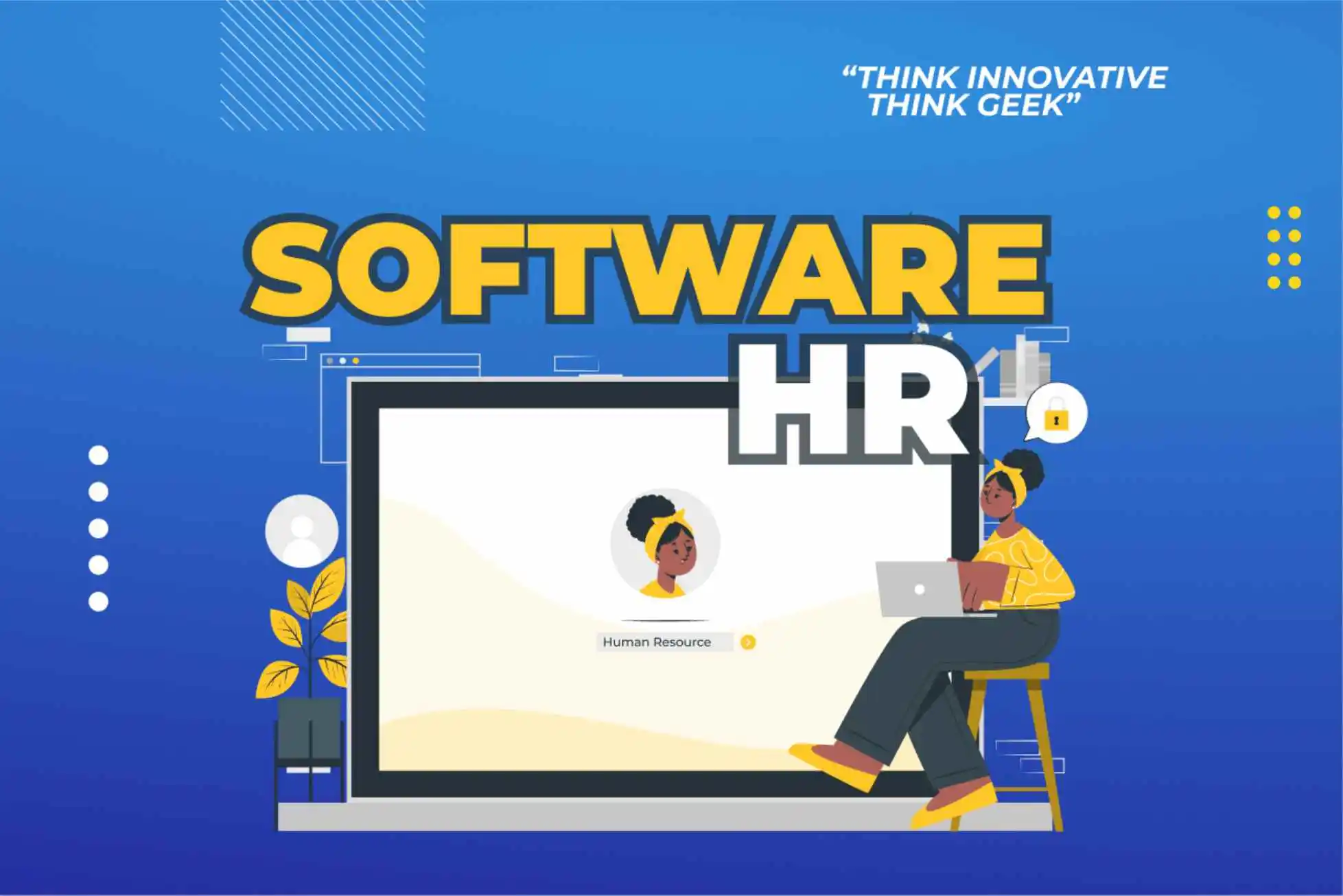Having a mobile app is now a must for businesses that want to stay relevant and competitive. Consumers increasingly prefer brands that offer easy-to-use mobile applications. In this article, you’ll discover key mobile app development trends and best practices.
What Are the Mobile App Development Trends in 2025?
In 2025, technology continues to evolve rapidly. Numerous innovations are reshaping the mobile app landscape. Here are the key trends:
1. AI/ML Integration
Artificial Intelligence (AI) and Machine Learning (ML) integration enables personalized content, smart recommendations, and advanced chatbots to enhance user engagement.
2. AR/VR Experience
Augmented Reality (AR) and Virtual Reality (VR) are being increasingly adopted to create immersive experiences—from e-commerce try-ons to industrial training.
3. On-Demand Features
On-demand models such as ride-hailing or delivery services are becoming more advanced with real-time tracking and seamless payment integrations.
4. 5G and Cloud Capabilities
5G networks accelerate data transfer and enable high-performance cloud-based applications, including AR/VR streaming and real-time collaboration.
5. Security and Privacy
User data security and privacy are top priorities, driving the adoption of end-to-end encryption and biometric authentication.
What Are the Framework Options for Native vs. Cross-Platform Development?
There are various frameworks available for mobile app development. Here’s a breakdown of the advantages and drawbacks:
1. Kotlin and Swift (Native)
Native development using Kotlin (for Android) and Swift (for iOS) offers maximum performance, full access to device APIs, and official ecosystem support. However, it requires maintaining two separate codebases, increasing development time and cost.
2. Flutter and React Native (Cross-Platform)
Flutter (Dart) and React Native (JavaScript) enable a single codebase for both Android and iOS, accelerating time-to-market and reducing costs by up to 30%. Flutter excels in consistent UI rendering, while React Native supports easier integration with JavaScript libraries.
Architecture in Mobile App Development
Here are some key architectural approaches in mobile app development:
1. MVVM and Clean Architecture
MVVM separates View, ViewModel, and Model for easier testing and maintenance. Clean Architecture emphasizes independent layers for domain, data, and UI.
2. Modularization
Breaking an app into feature modules speeds up build times, allows parallel work by different teams, and improves code reusability.
3. Testing and CI/CD
Automated unit tests (JUnit) and UI tests (Espresso, XCTest) are integrated into CI/CD pipelines using GitHub Actions or Jenkins to validate every commit, ensuring quality before release.
UI/UX and Performance Optimization
Optimizing visuals and overall app performance is essential:
1. Mobile-Friendly and Responsive Design
Mobile-first principles with adaptive layouts (ConstraintLayout, Jetpack Compose, SwiftUI) ensure consistent appearance across devices. Use large enough touch targets and intuitive navigation to improve accessibility.
2. Memory, Network, and Battery Optimization
Prevent memory leaks using LeakCanary, manage background tasks with WorkManager/BackgroundTasks, and implement caching in Retrofit/Alamofire to reduce API calls.
What Does GeekGarden’s Tech Lead Say?
According to Firmansyah, CEO of GeekGarden, “Technology trends in 2025 will be dominated by AI and no-code development.” These technologies simplify app development for developers.
AI accelerates development by automating repetitive tasks, while no-code platforms allow developers to build simple apps using drag-and-drop UI components.
Ready to Build a High-Quality Android App?
Those are the insights on mobile app development trends in 2025. Investing in mobile apps by integrating AI/ML, AR/VR, and on-demand features will be a key competitive advantage. Choose the right framework: native for performance and custom features, cross-platform for cost-efficiency.
Apply MVVM, Clean Architecture, modularization, and CI/CD pipelines for optimal quality. Prioritize mobile-first design and performance optimization to attract and retain users.

Bring your app ideas to life with GeekGarden’s mobile app development services! Consult your business needs with us today!
Author: Sari Dewi (Content Writer)















